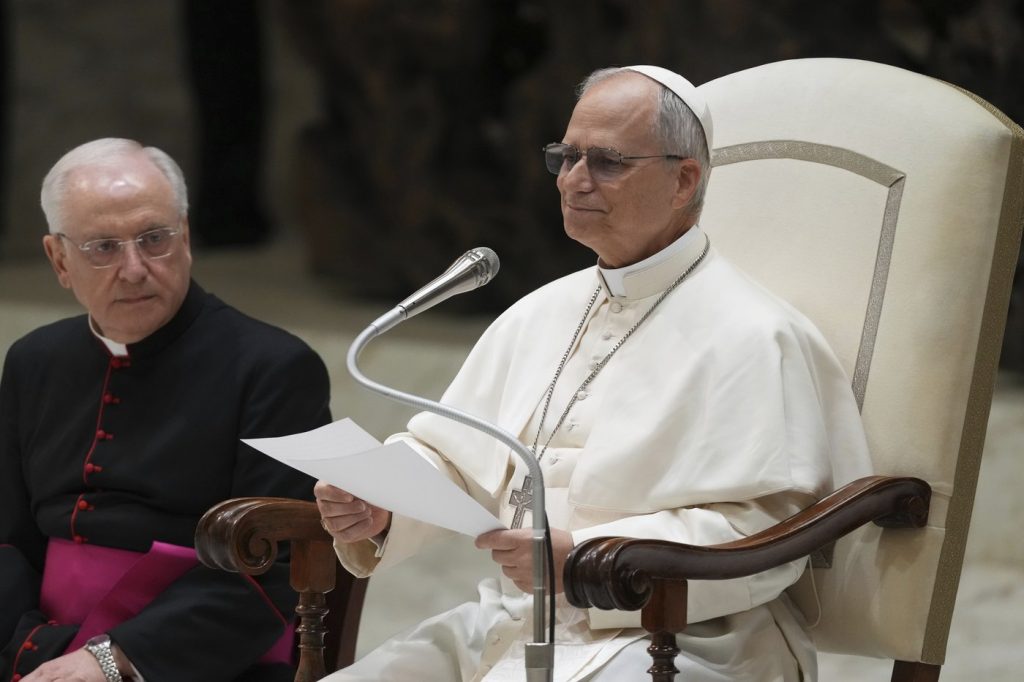On Tuesday, Major League Baseball Commissioner Rob Manfred announced the reinstatement of both Pete Rose and Shoeless Joe Jackson, making them eligible for the Hall of Fame after their illustrious careers were overshadowed by gambling controversies. This significant decision followed Rose's death on September 30 at the age of 83 and comes just a day before the Cincinnati Reds plan to honor him with a special event called "Pete Rose Night."
Manfred's announcement included a pivotal change in the league's policy regarding permanent ineligibility, stating that such bans would automatically expire upon an individual’s death. This decision affects 17 individuals, including all eight members of the infamous 1919 Chicago Black Sox, former Philadelphia Phillies President Williams D. Cox, and former New York Giants outfielder Benny Kauff.
Rose was initially banned from baseball on August 23, 1989, after an investigation confirmed that he had bet on the Reds while serving as both a player and manager from 1985 to 1987, violating a strict MLB rule. Although Rose first applied for reinstatement in September 1997, former Commissioner Bud Selig never addressed the application. In 2015, Manfred rejected another petition, stating that Rose had not demonstrated credible evidence of rehabilitation.
A new petition for reinstatement was submitted on January 8, co-authored by Rose's lawyer, Jeffrey Lenkov, and Rose’s daughter, Fawn. They had previously met with Manfred in December 2022. Rose's case garnered support from notable figures, including former U.S. President Donald Trump, who expressed his intention to posthumously pardon Rose. Trump and Manfred notably discussed Rose during a meeting in April, although specific details of their conversation were not disclosed.
In a letter from Manfred to Lenkov, he expressed that the term "permanently ineligible" should be reconsidered to reflect the original intent of Rule 21, which aims to protect the game's integrity and deter future violations. Manfred concluded that with Rose's passing, the objectives of the rule had been fulfilled.
Marcus Giamatti, son of the former commissioner who instituted Rose's ban, publicly expressed his disappointment over Manfred’s ruling, asserting that it undermines the integrity of the game and the principles upheld by his father. Giamatti emphasized the crucial need to maintain the integrity of baseball, which he believes is compromised by reinstating Rose.
Pete Rose enjoyed a prolific 23-year playing career with numerous accolades, including 17 All-Star selections and holding records for hits (4,256), games played (3,562), and plate appearances (15,890), among others. He was recognized as the National League Rookie of the Year in 1963 and was named the MVP of the World Series in 1975. Meanwhile, Jackson, known for his exceptional batting average of .356, was banned in relation to the same scandal that labeled him among the "Black Sox" for throwing the 1919 World Series. Jackson's legacy continues to resonate, notably through his portrayal in the 1989 film "Field of Dreams."
Despite their reinstatement, both Rose and Jackson face challenges in being inducted into the Hall of Fame. According to a rule established in 1991, anyone on the permanently ineligible list cannot be considered for election. Jackson was previously placed on ballot consideration twice but garnered very limited support. Rose's reinstatement comes too late for him to be eligible for the Baseball Writers' Association of America (BBWAA) ballot, which he would have been eligible for if not barred, from 1992 through 2006.
Both players are now eligible to be considered for the Hall of Fame's Classic Baseball Era, which will meet in December 2027, contemplating candidates who made significant contributions to the sport prior to 1980. The selection committee consists of Hall of Fame members, team executives, and media historians, with candidates needing a 75% vote for induction.
The Hall of Fame's Board Chair Jane Forbes Clark confirmed that individuals removed from MLB's permanently ineligible list, including Rose and Jackson, will now be able to receive Hall of Fame consideration. Furthermore, among those eligible for the 2028 Hall of Fame class are notable names such as Albert Pujols and Yadier Molina.
While Trump has suggested a presidential pardon for Rose, the specific implications of such a pardon remain uncertain, especially given Rose's previous legal issues related to tax violations, for which he served prison time and fulfilled community service obligations.












